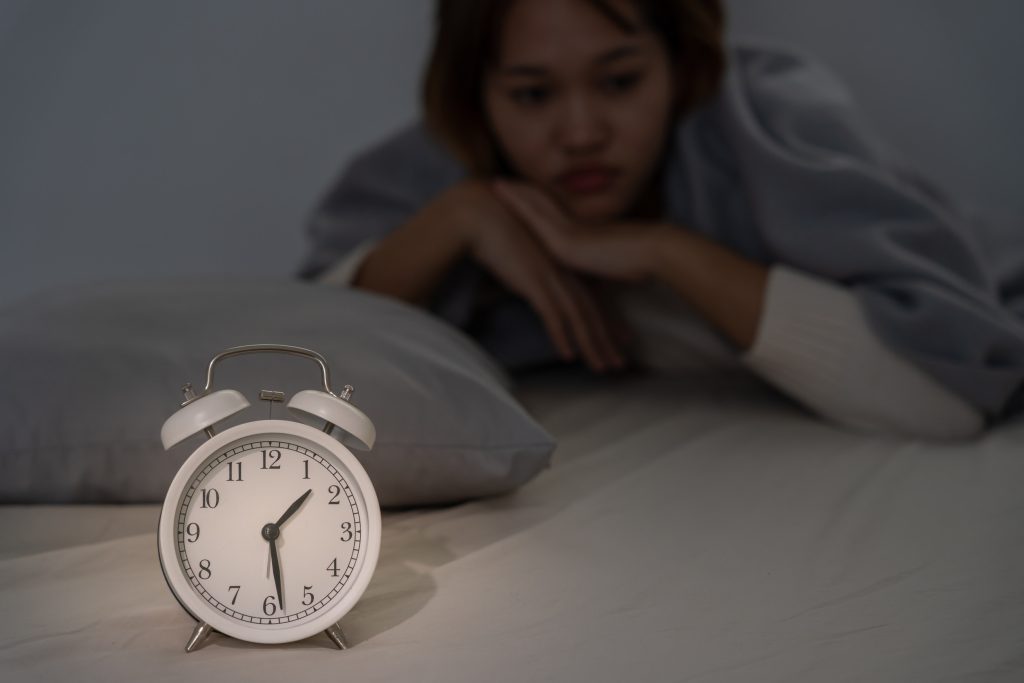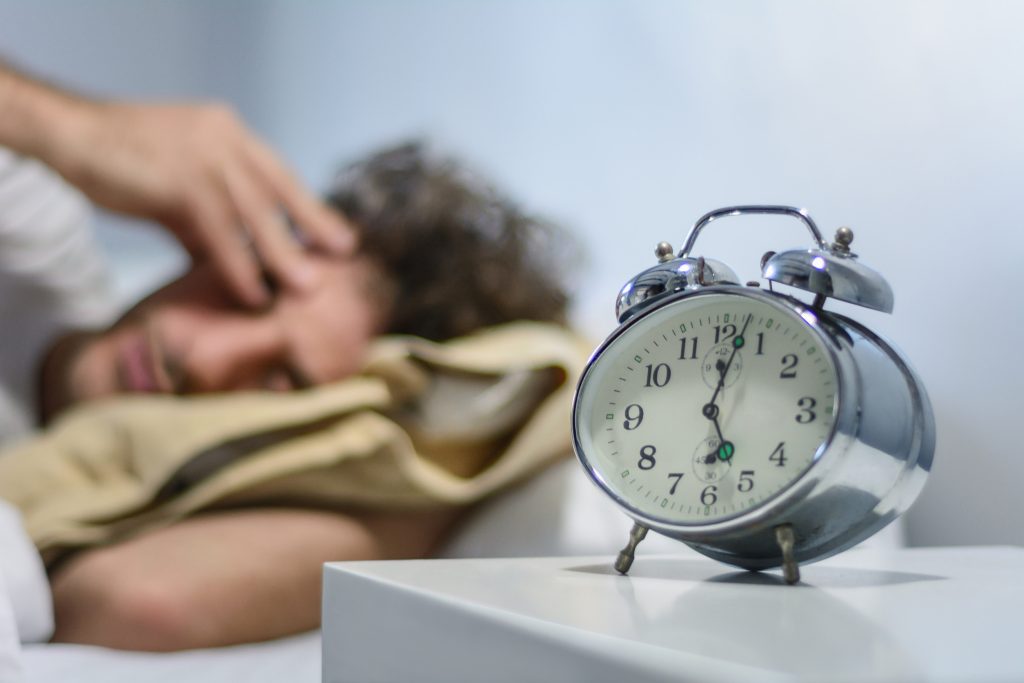
Sleep is essential for your body and mind, yet many underestimate its importance until they’re deprived of it. Missing a few hours here and there may seem manageable, but what would happen if you went 72 hours without sleep? The effects go far beyond feeling tired—they impact nearly every aspect of your health and well-being. Let’s explore what happens when you push your body to the limit by staying awake for three days straight.
Cognitive Performance Declines
Within 24 hours of no sleep, your cognitive abilities start to decline. You’ll experience difficulty concentrating, slower reaction times, and impaired decision-making. By the 48-hour mark, these symptoms worsen significantly. Tasks requiring focus and problem-solving become nearly impossible to perform effectively. After 72 hours, severe cognitive impairments can lead to hallucinations and delusional thinking. Sleep is crucial for restoring brain function and maintaining mental clarity.
Mood Becomes Highly Unstable
Lack of sleep has a profound impact on your emotional stability. Missing even one night’s sleep can increase irritability and reduce emotional regulation. By 48 hours, you may feel highly anxious, stressed, or even depressed. After 72 hours, emotional outbursts and mood swings become more frequent due to hormonal imbalances. Regular sleep is vital for processing emotions and coping with stress effectively.
Physical Health Takes a Toll
Sleep deprivation weakens your immune system, leaving you more susceptible to illnesses. By 48 hours, your body struggles to fight off infections, increasing the risk of colds and other ailments. Lack of sleep also elevates blood pressure and heart rate, putting strain on your cardiovascular system. After 72 hours, these effects become more pronounced, leading to potential long-term health risks. Prioritizing sleep supports your body’s ability to repair and protect itself.
Memory Becomes Unreliable
One of the key functions of sleep is consolidating memories and processing information. Without sleep, your ability to retain and recall memories diminishes. By 48 hours, you’ll find it difficult to remember even basic details. At the 72-hour mark, your short-term and long-term memory are significantly impaired. Sleep is essential for maintaining a sharp mind and improving learning capacity.
Physical Coordination Suffers
Sleep deprivation affects your motor skills and balance, leading to clumsiness and increased risk of accidents. After 48 hours, even simple tasks like walking or holding objects become challenging. By 72 hours, you’ll experience severe physical fatigue, making movement feel sluggish and disoriented. Sleep is necessary for maintaining physical coordination and energy levels.
Increased Risk of Microsleeps
By 72 hours, your body may force you into microsleeps—brief, uncontrollable moments of sleep lasting a few seconds. These episodes are dangerous, especially if you’re driving or operating machinery. Microsleeps occur because your brain is desperately trying to recover from exhaustion. Preventing these risks starts with prioritizing consistent, quality sleep.
Long-Term Risks Accumulate

Repeated or prolonged sleep deprivation has serious long-term consequences. Chronic lack of sleep increases the risk of conditions like diabetes, heart disease, and cognitive decline. Mental health issues, such as depression and anxiety, can also worsen over time. Sleep isn’t just about feeling refreshed—it’s a cornerstone of overall health and longevity.
Sleep Is Non-Negotiable
Sleep is not a luxury; it’s a biological necessity. Missing 72 hours of sleep can have severe and even life-threatening effects on your health. Prioritizing sleep helps you maintain mental clarity, emotional stability, and physical well-being. Creating healthy sleep habits ensures your body and mind function at their best.
Have you ever experienced sleep deprivation? How did it affect your body and mind? Share your stories and tips in the comments below!
Read More:
Tired All the Time? 5 Ways You’re Secretly Ruining Your Sleep
Stop Doing These 6 Things Before Bed—They’re Ruining Your Sleep

Latrice is a dedicated professional with a rich background in social work, complemented by an Associate Degree in the field. Her journey has been uniquely shaped by the rewarding experience of being a stay-at-home mom to her two children, aged 13 and 5. This role has not only been a testament to her commitment to family but has also provided her with invaluable life lessons and insights.
As a mother, Latrice has embraced the opportunity to educate her children on essential life skills, with a special focus on financial literacy, the nuances of life, and the importance of inner peace.
